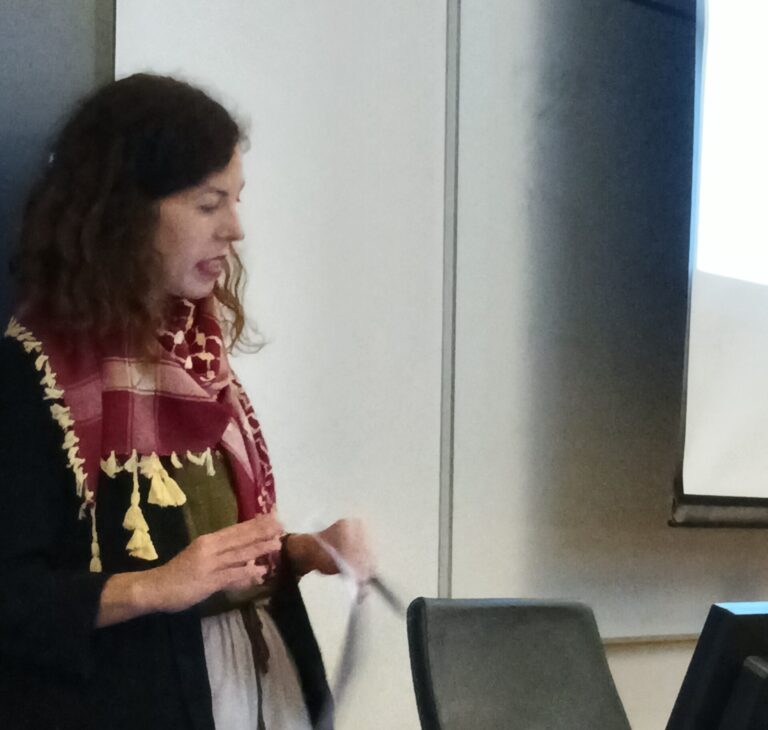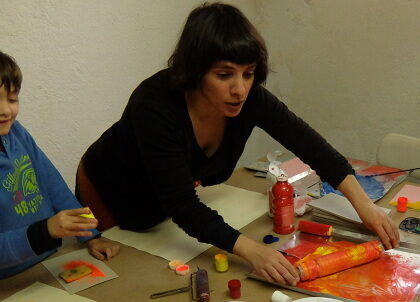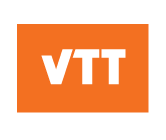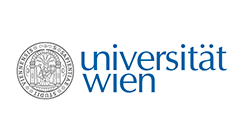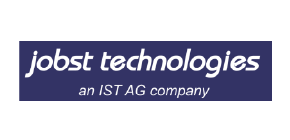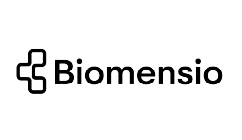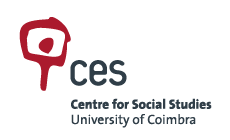An important part of the work carried out in BioAssembler is to keep an active dialogue between our partners. In a multidisciplinary group like ours, communication is key to understand each other’s contribution to the project.
Our team from the Centre for Social Studies (CES), University of Coimbra, has an active role in this process since their research focuses on the social perspective of the impact of the biosensors technology envisioned by BioAssembler.
That is why they have been conducting interviews with the project’s researchers, as well as other actors from the biosensing ecosystem. The results of these dialogues will be essential to uncover opportunities and challenges of scalable multiplexed biosensors and inspire communication and educational outputs BioAssembler is developing within collaborating artists. This work will thus feed both the goals of Work Package 2 and Work Package 6.
In April, CES team members, Rita Campos and Bianca Brito, travelled to Vienna, to interview Gisela Ibáñez-Redín, a team member from University of Vienna (UniVie). Their conversation delved into the broad panorama of the development and applications of biosensors, scientific innovations, and the progress of her team’s work, coordinated by Univie’s professor and researcher Mark Somoza.


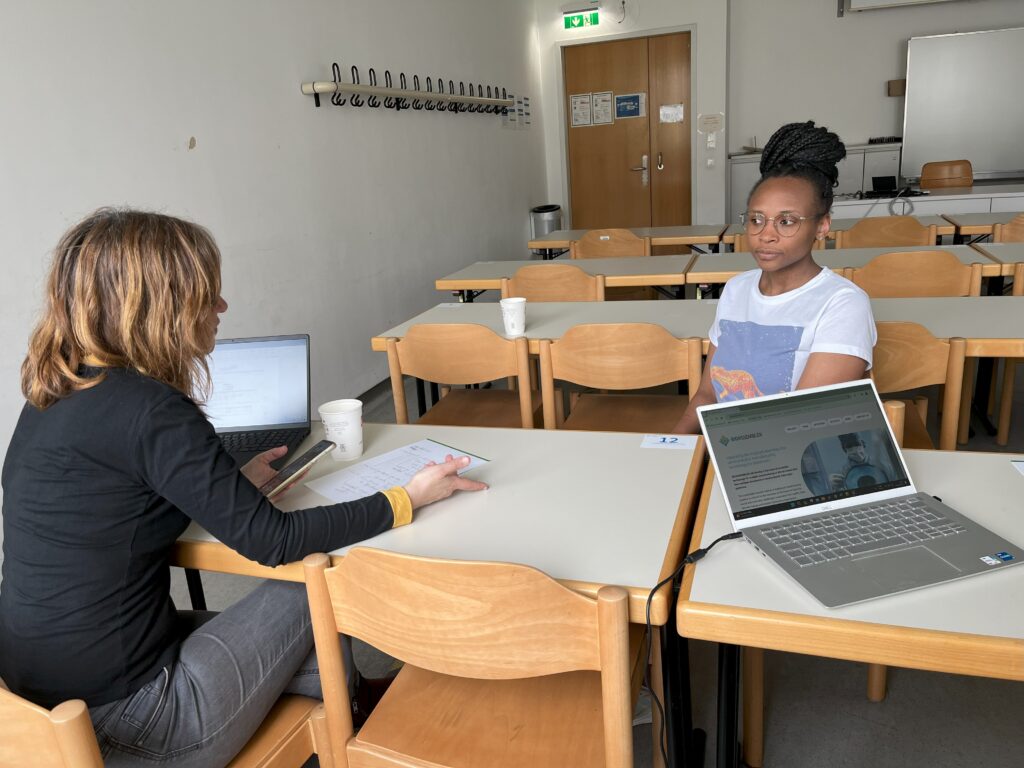
UniVie’s role in BioAssembler focuses on the in-situ synthesis of DNA on the sensor surfaces on the Si wafers using maskless photolithography and on developing fluidics and illumination systems for wafer-scale synthesis.
Also during the visit, the CES members didn’t miss their chance to take a tour of the laboratories and workspaces and see up close where all the experiments and analyses take place.
To learn more about the work conducted by Univie researchers, we recommend visiting our Outputs page, where you can find their recently published papers. You can also follow this and other works from this group in their X account @LabLietard.
